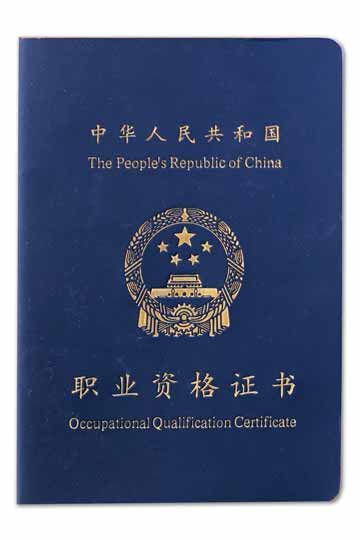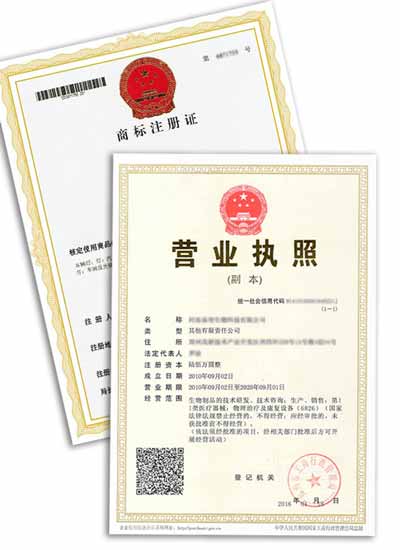翻译案例
翻译语种
联系我们
邮箱:liwei@bowwin.com
手机:+86-18565641179
电话:+86-755-8304 2538
地址:深圳市福田区彩田路彩虹新都彩霞阁23A
英文
英文
译
中文
Language and Culture
语言和文化
译者:佚名
Once a group of Chinese were visiting the home of a fairly well to do American .As they were shown around the house ,they commented, "you have a very nice home. It's so beautiful." The hostess smiled with obvious pleasure and replied in good American fashion "Thank you" -which caused surprise among some of her Chinese guests. Later, While conversing at the dinner table, the host regarded to the Chinese interpreter, a young lady who had graduated not long ago from a Chinese university , "your English is excellent. Really quite fluent. "To this she demurred, "No, no. My English is quite poor"-an answer that he had not expected and found a bit puzzling.
Was the American hostess` reply immodest, as it seemed to some of the Chinese?
Was the young Chinese interpreter's remark insincere, as it sounded to the Americans? In both cases the answer is no. To English - Speaking people, praise is to be accepted, generally with a remark like " Thank you ".some not unworthy achievement or thing ,Therefore ,there should however, the customary reply to a compliment would be to claimly enough, or that success was more a matter of luck or some other circumstances. Acceptance of a compliment would imply conceit or lack of manners. So. In the two cases above, the reason for such different reactions was differences in customs and habits. Each was interpreting what the other said according to his or her own culture.
Was the American hostess` reply immodest, as it seemed to some of the Chinese?
Was the young Chinese interpreter's remark insincere, as it sounded to the Americans? In both cases the answer is no. To English - Speaking people, praise is to be accepted, generally with a remark like " Thank you ".some not unworthy achievement or thing ,Therefore ,there should however, the customary reply to a compliment would be to claimly enough, or that success was more a matter of luck or some other circumstances. Acceptance of a compliment would imply conceit or lack of manners. So. In the two cases above, the reason for such different reactions was differences in customs and habits. Each was interpreting what the other said according to his or her own culture.
有一次,几个中国人到一位比较富裕的美国人家里去做客。主人引他们参观 自已的住所,中国客人说:"你们的房子多好啊。非常漂亮。"主人听了十分高兴, 按美国 习惯笑着回答说:"谢谢"。有些中国客人对她的回答感到意外。后来,在 餐桌上谈话时,主人对大学毕业不久的中国女翻译说:"你的英语很好,很流利"。 女翻译谦虚地说:"不!不!我的英语说得很不好"。主人没想到她会这样的回 答,感到有些迷惑不解。 那位美国主妇的回答是否像有些中国人认为的那样:不够谦虚"呢?
那们年轻的中国女翻译的回答是否像美国主人听起来那样"不够诚恳"呢?
其实,美国主妇的回答并非不谦虚,中国女翻译回答也不是不诚恳。讲英语 的人听到别人赞扬是诚心诚意的,所赞扬的事是值得赞扬的。因此不应"假装 自卑"或"帮作谦虚"。但是,对中国人来说,听到别人赞扬时,通常要表示受之 有愧,做得很够;或者说自已的成就不过是由于侥幸,或者说是客观条件造成的, 等等,而接受赞扬则意味着有骄傲自满情绪或缺乏教养。因此,上述两种回答引 起不同反应是由于双方语言习惯不同。他都根据各自的风俗去理解别人所说的话。
那们年轻的中国女翻译的回答是否像美国主人听起来那样"不够诚恳"呢?
其实,美国主妇的回答并非不谦虚,中国女翻译回答也不是不诚恳。讲英语 的人听到别人赞扬是诚心诚意的,所赞扬的事是值得赞扬的。因此不应"假装 自卑"或"帮作谦虚"。但是,对中国人来说,听到别人赞扬时,通常要表示受之 有愧,做得很够;或者说自已的成就不过是由于侥幸,或者说是客观条件造成的, 等等,而接受赞扬则意味着有骄傲自满情绪或缺乏教养。因此,上述两种回答引 起不同反应是由于双方语言习惯不同。他都根据各自的风俗去理解别人所说的话。
- 上一篇:Dreams-梦
- 下一篇:Beauty-美的概念
文化与资讯
-
2022-10-26选择北京翻译公司要注意哪些问题?
-
2021-06-22陪同翻译有哪些注意事项?
-
2021-01-20爱丽丝·门罗:不是“蛮译”是“慢译”
-
2021-01-18翻译公司:只是翻译惹的祸
-
2021-01-03常用网上资源
-
2021-01-03英伦印迹:看我这样享受恬淡留学生活
翻译服务










